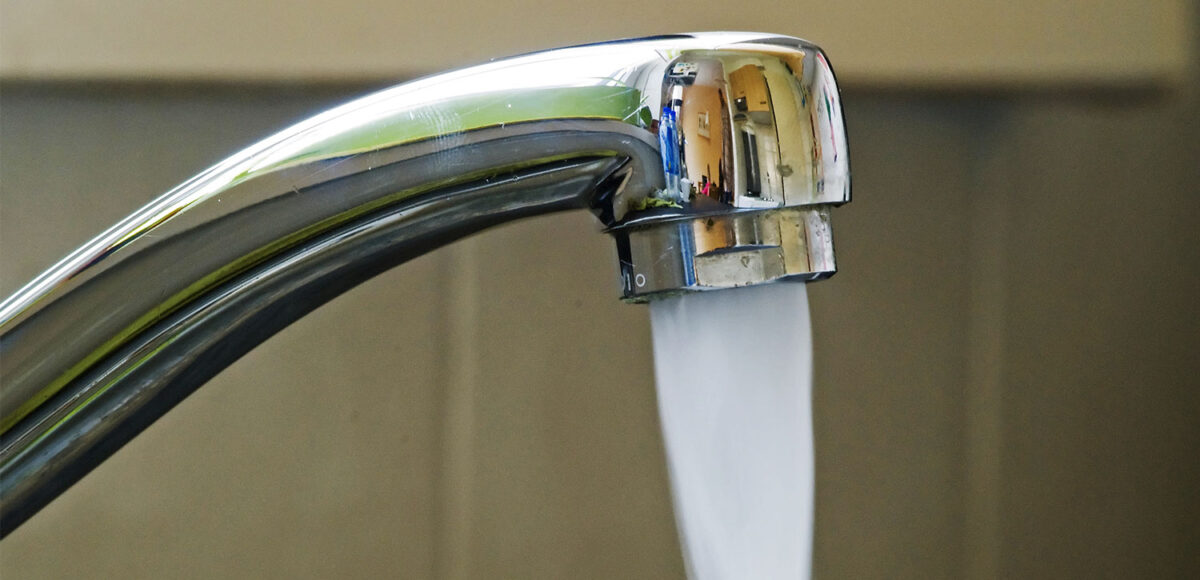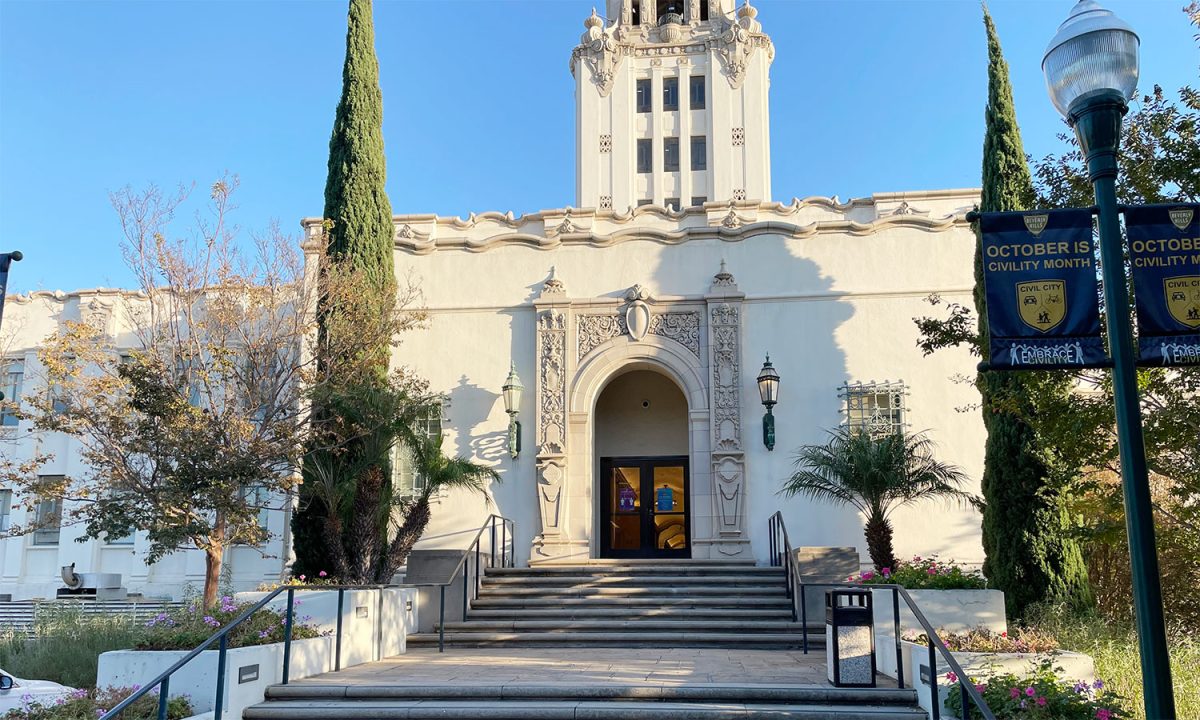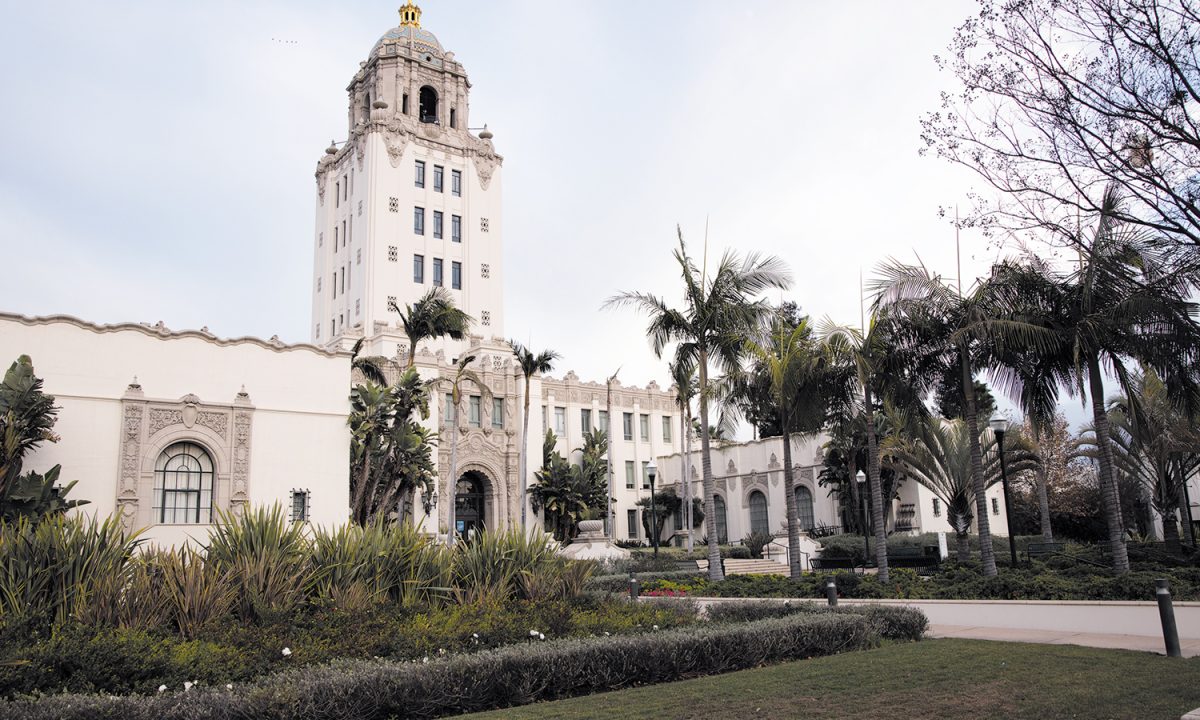After a five-year cost-of-service study, the Beverly Hills City Council on Feb. 20 approved rate changes for water and wastewater services to fund the city’s sprawling water infrastructure.
Over the next five years, the new rates are expected to generate approximately $6 million for the city’s water enterprise, which comprises hundreds of miles of pipe, 10 reservoirs, nine pump stations and 100 miles of sewer main lines, Public Works Director Shana Epstein said. The city is required to complete a rate study approximately every five years to ensure that customers are paying a fair price for water services, she added.
“All of these projects require continued investment in our infrastructure as well as maintenance,” Epstein said. “We want to make sure that the customer is paying for their proportionate share.”
The new rate structure increases bimonthly fixed water meter charges and implements a residential volumetric rate, or a rate based on the quantity of water residents use, according to a staff report.
Commercial customers have long had volumetric water rates, but after the previous cost-of-service study was published, residents asked officials to consider a volumetric rate for them as well, Epstein said. Wastewater rates will change, too, as a volumetric wastewater rate will be added to residential customers, she added.
Customers will see different rate changes depending on whether they are commercial or residential, single-family or multifamily, and how much water they use.
Councilmember Dr. Sharona Nazarian said raising rates is not something city officials “take lightly,” and she twice sent the proposed rates back to staff to mitigate impacts on residents.
“Just for clarity, fees and charges for water and wastewater services cannot exceed the proportional cost of services,” she said. “So, it’s not even something that we could charge additionally for. We don’t make a profit off of [this]. It’s solely for operations, capital improvement and our reserves to be able to provide the same quality of service to the community.”
Nazarian also commended Epstein for leading an extensive outreach effort, which included two town halls on Feb. 1 and Jan. 16, appearances at various community organizations and a social media and public relations campaign.
Mayor Dr. Julian Gold said that raising rates is “never a fun task” but is an essential component of city funding.
“The enterprise fund is a business, it’s got to break even. It doesn’t make money, but we’ve got to break even, and our job is to ensure that we set rates which allow that to happen. And that’s what we’re doing here,” Gold said.
To calculate your water and wastewater bills and view the town halls, visit
beverlyhills.org/departments/publicworks/waterrateadjustments/







